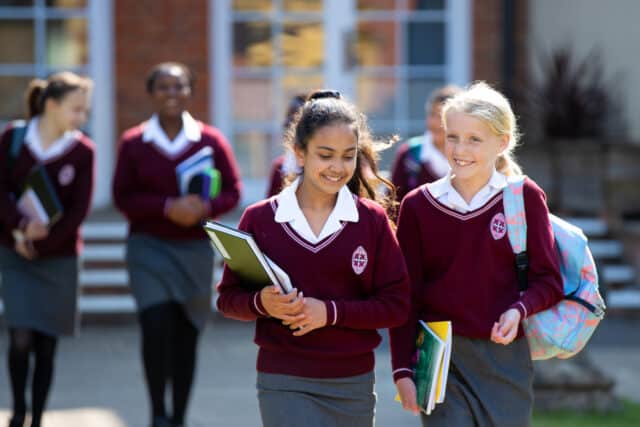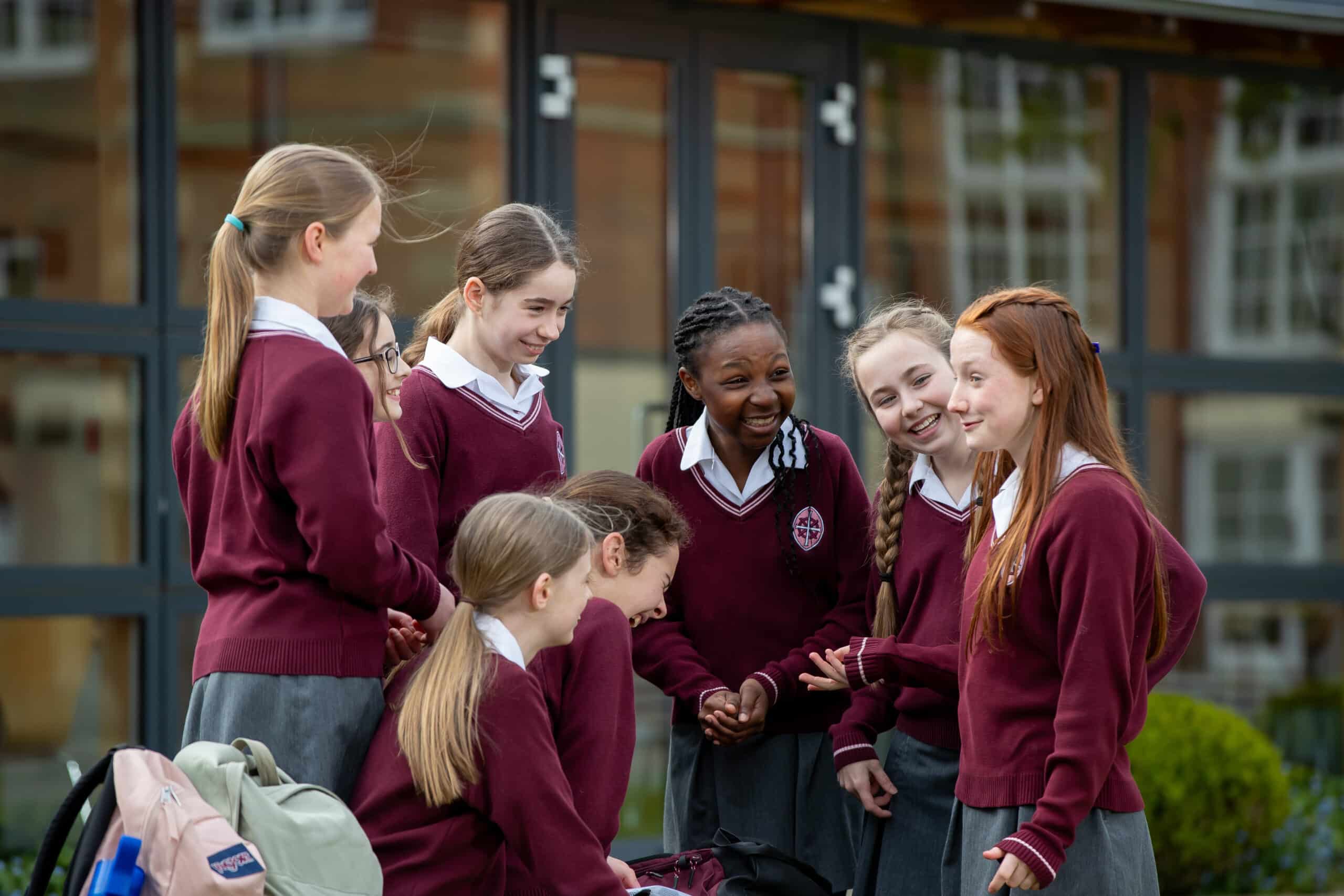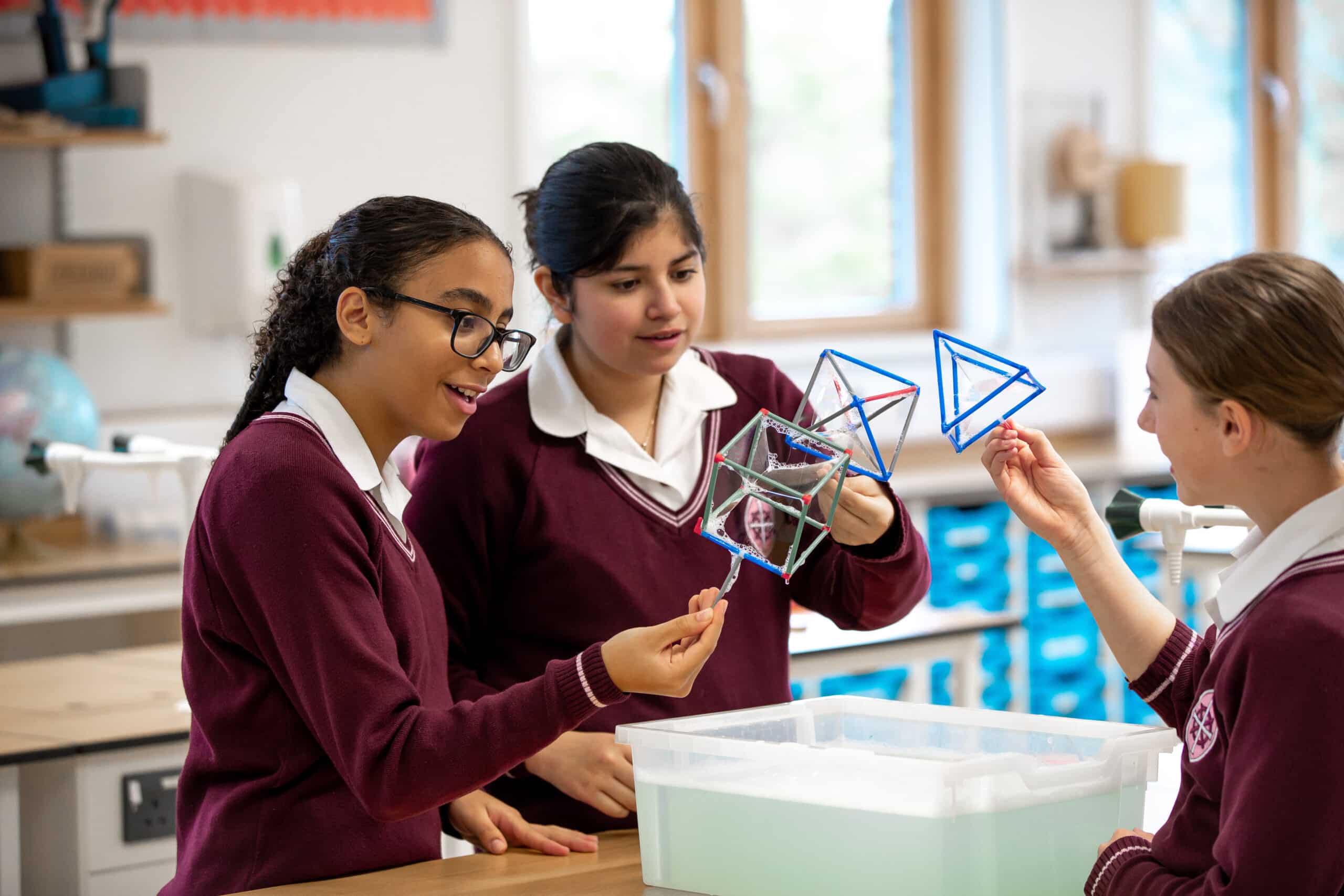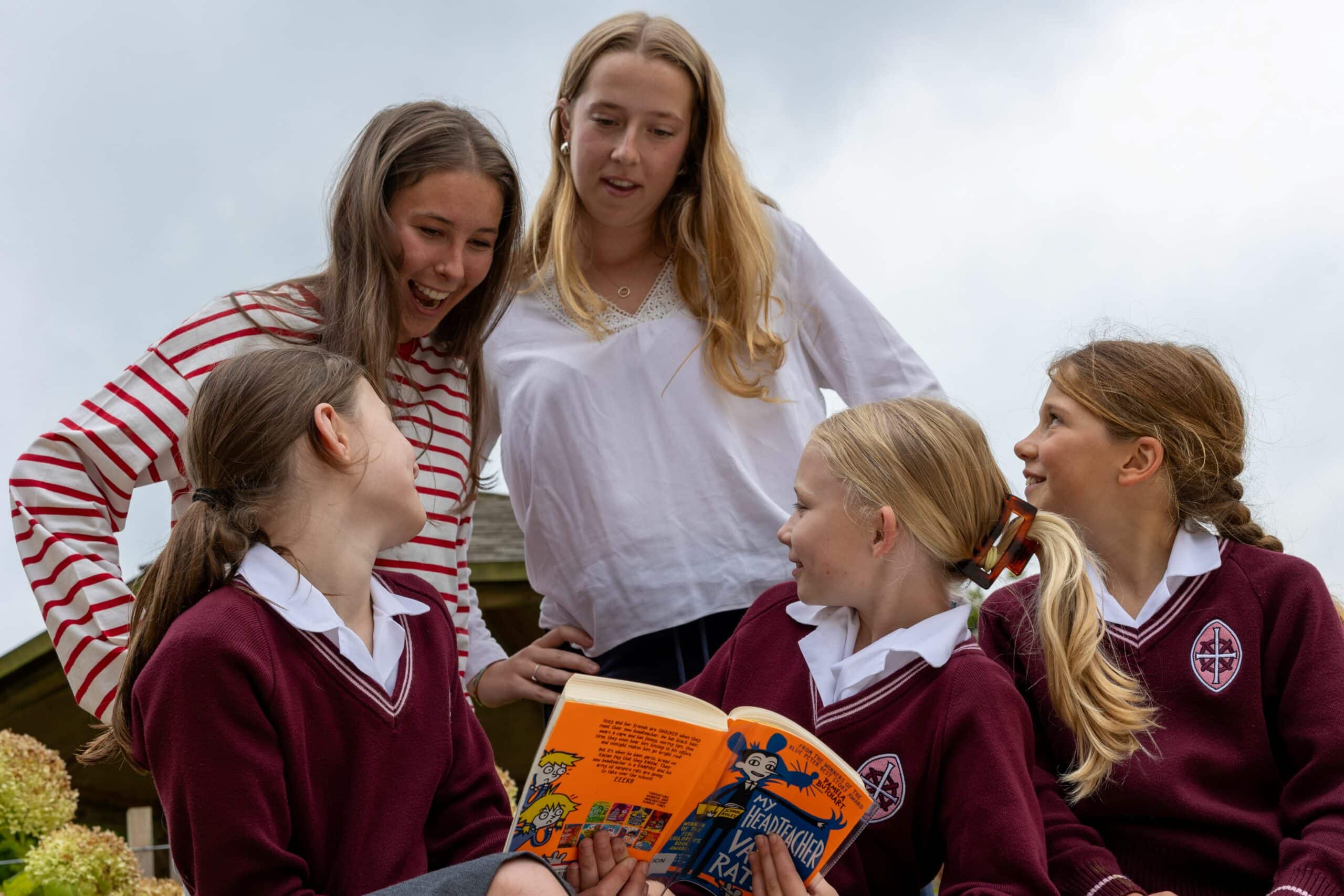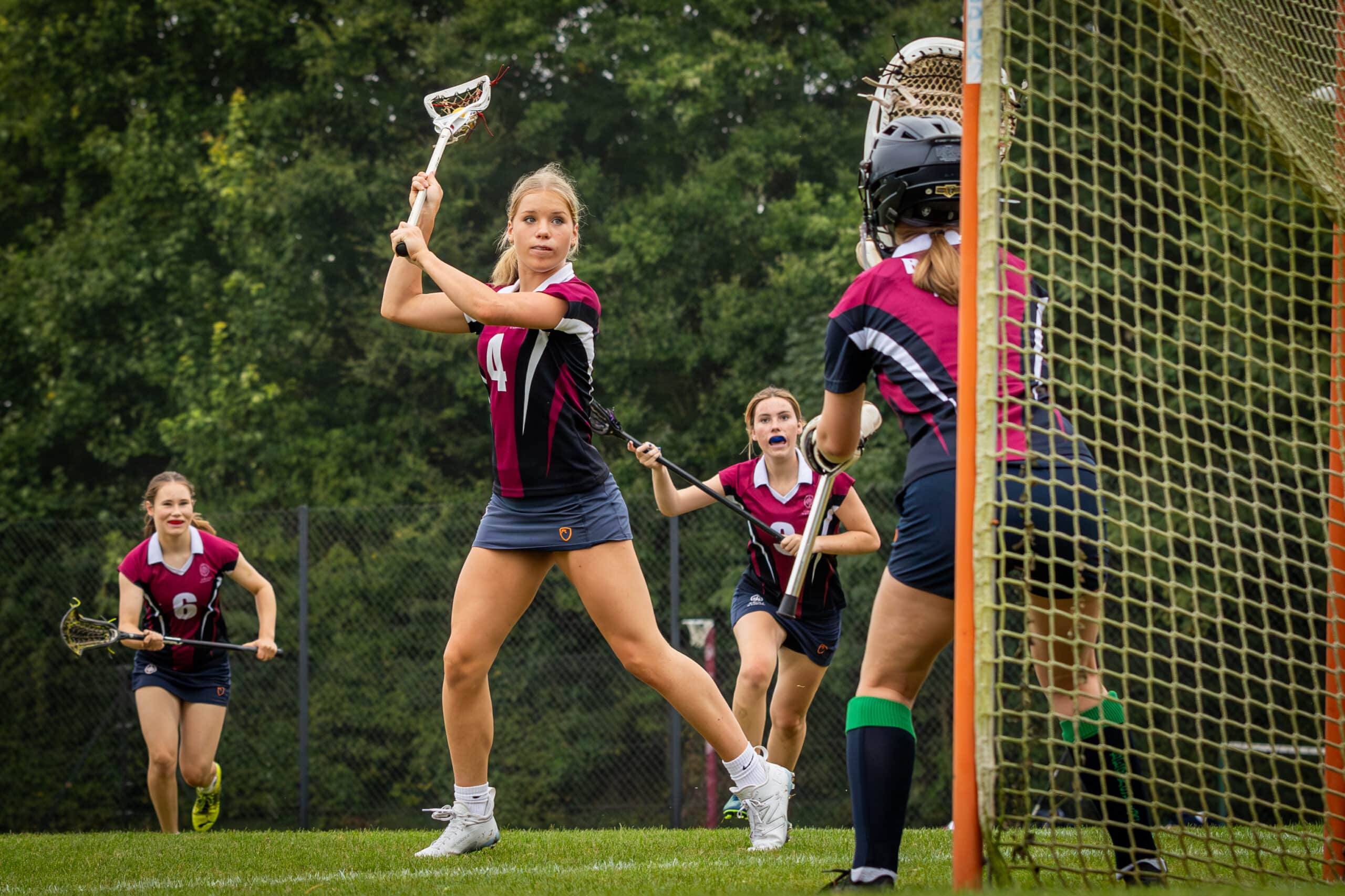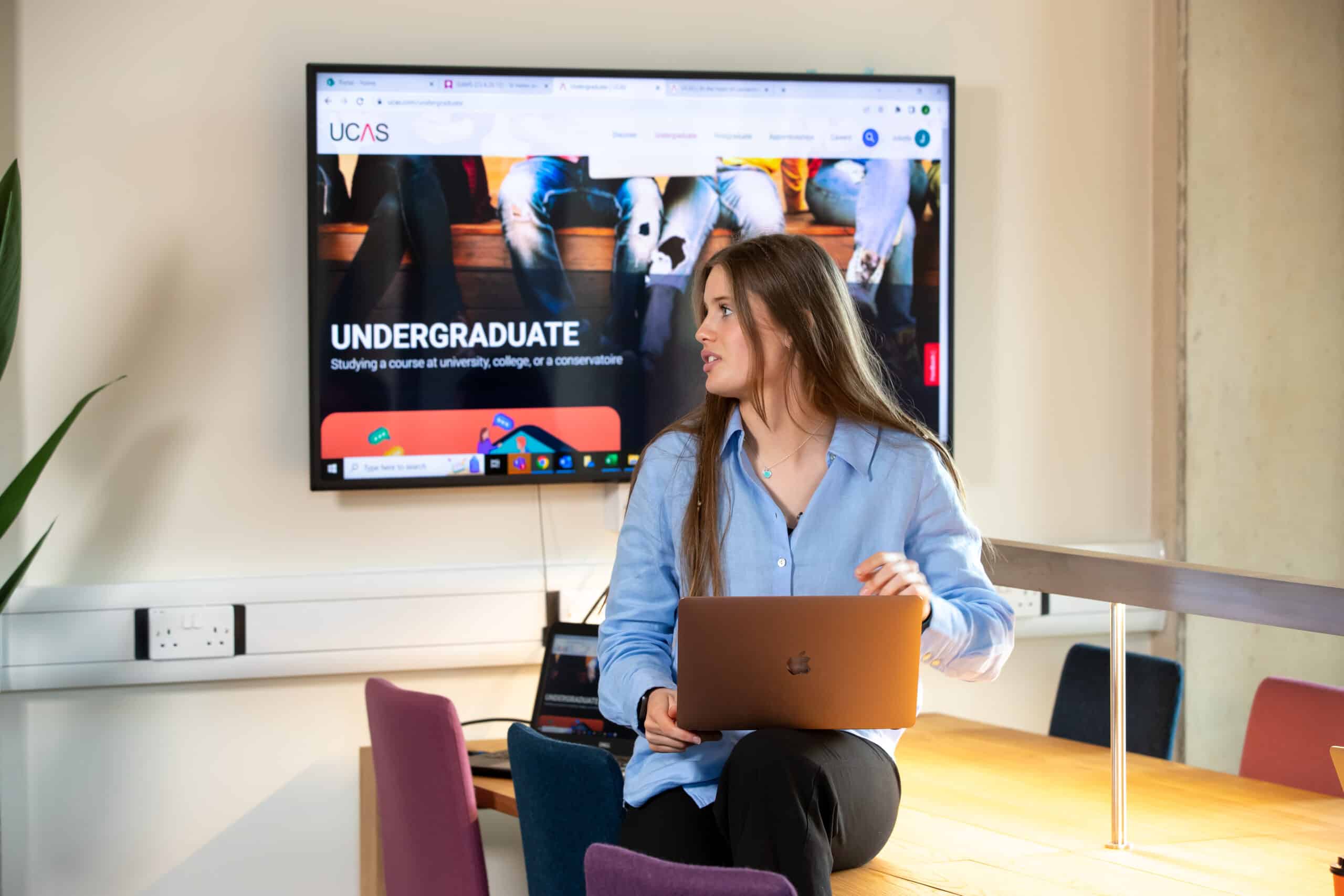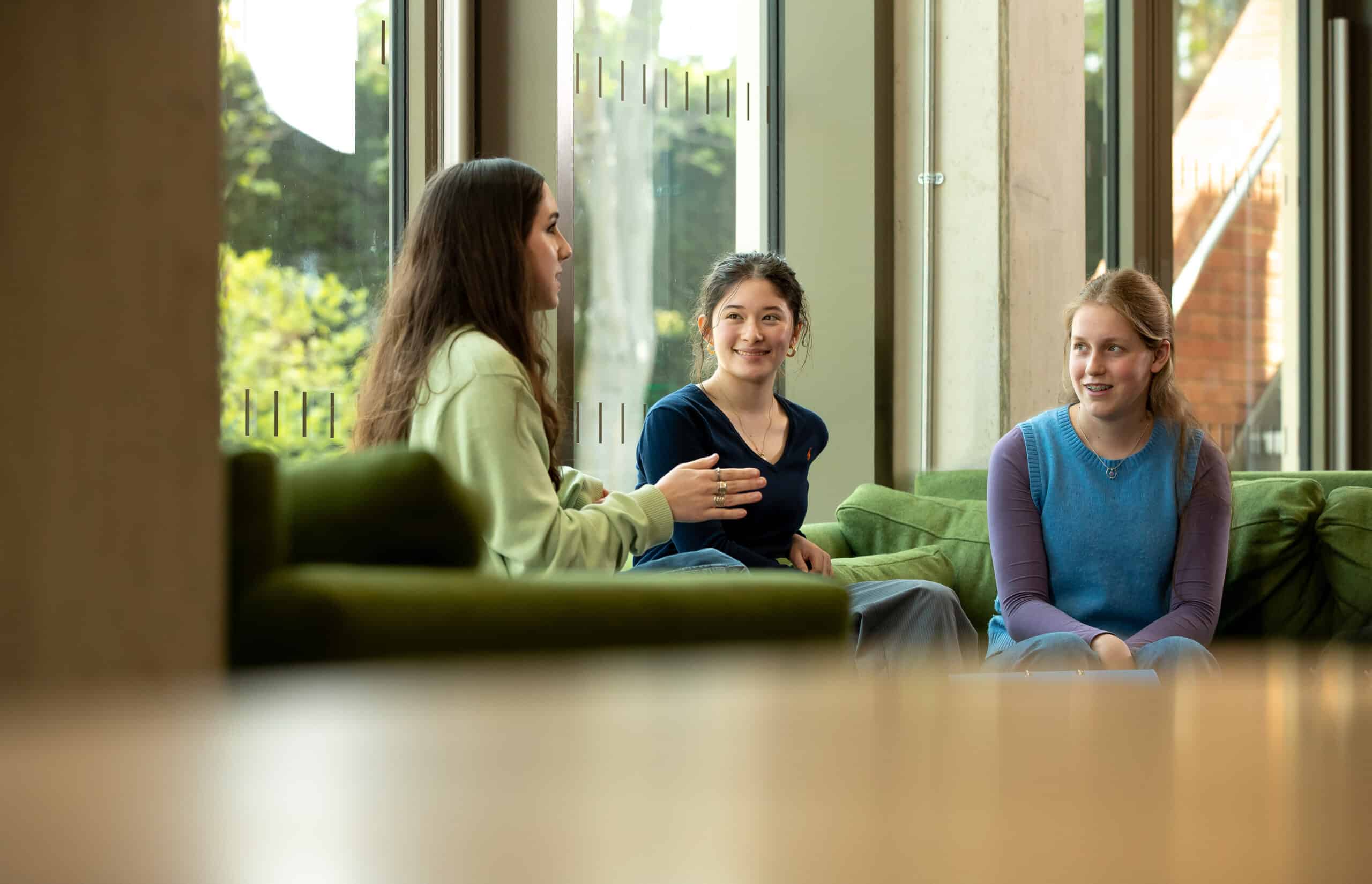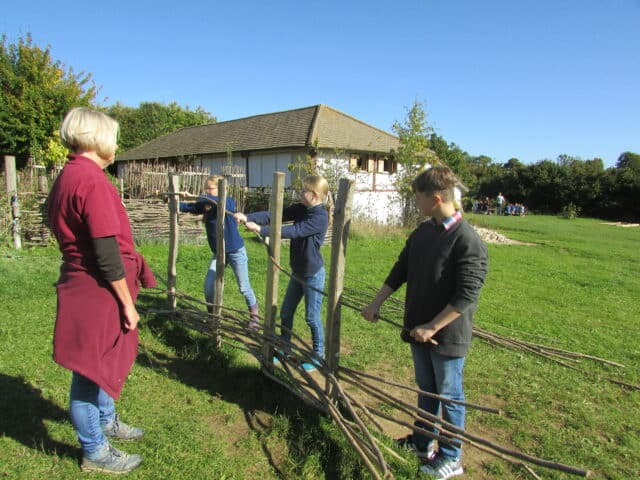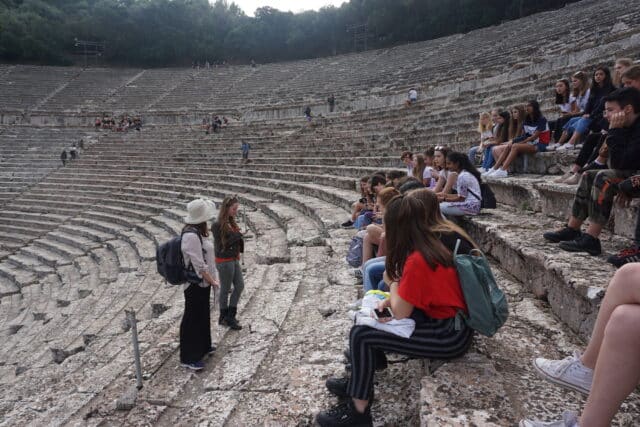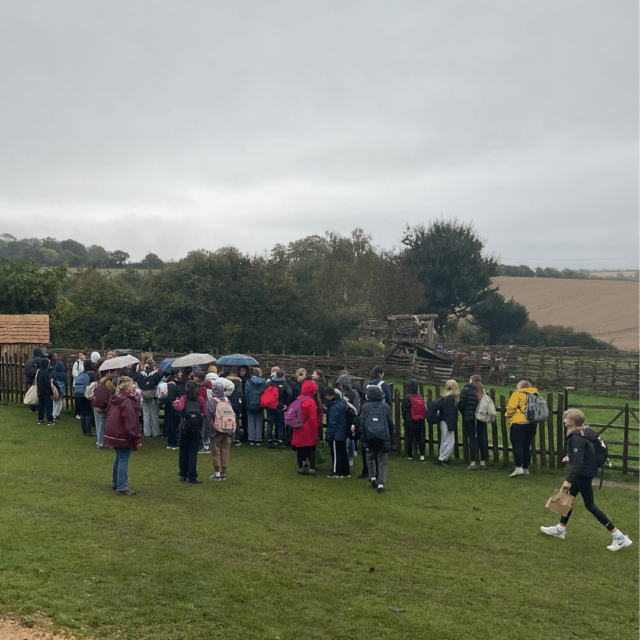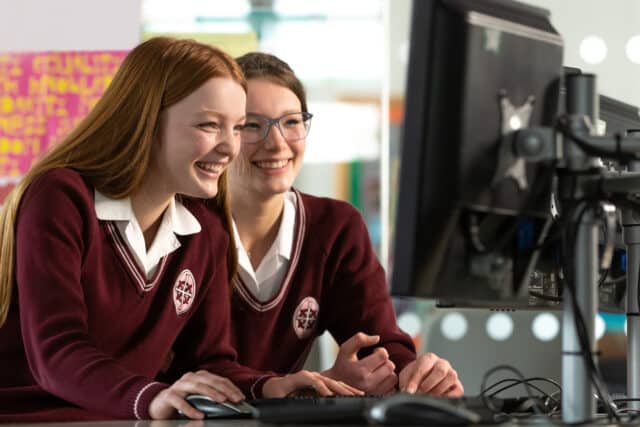Classics is the study of the language, history and culture of the Romans and Ancient Greeks. By learning Latin and Greek, students gain a glimpse of the fascinating worlds of the distant past. When we read classical texts, people from long ago speak to us in their own words. Some of the attitudes we discover will seem disturbingly different from ours; sometimes it is as if we see ourselves reflected back across the centuries. The classical world provides a new perspective from which to view and reflect on our own.
Learning an ancient language is fascinating and fun. English and many other European languages have Latin roots. Students quickly start to spot these links and are surprised to find, for example, that the word for ‘school’ is related to the Greek word for ‘leisure’. Classics offers a deeper understanding of the meanings and history of words.
Translating Latin and Greek can also be challenging and satisfying. Words and ideas do not always map naturally from one language to another. Students have to make judgements, consider how to balance literal meaning with natural style and think about how far elements of a sentence can be changed before the meaning changes.
In Classics, we aim to share both our love of words themselves and the communication they allow with fascinating cultures of the past.
Lower School
Middle School
Sixth Form
100%
9–8 in GCSE Greek 2024
100%
9–7 in GCSE Latin 2024
100%
A*–A in A level Latin 2024
Academic enrichment
Trips out of the classroom are invaluable for bringing the ancient world to life. There is a trip to Greece or Rome every other year. Closer to home, Year 8 visit Butser ancient farm, where they can sit around the hearth in an iron age house, visit a Roman villa, and try their hand at spinning sheep’s wool and wattling. Year 9 visit Roman Bath. Lots of students choose to participate in the Latin and Greek reading competition, held in Oxford, against other local schools. There are lots of opportunities to attend lectures and plays, often connected to GCSE or A level set texts. We offer specific sessions for students applying for classical subjects at university.
Extracurricular
Helicon Club is a popular activity for Years 5-8. There are all sorts of classically related activities to try. Recently, students have made and decorated their own Greek pots and made mosaics and model triremes. A high point of the year is the Helicon Club play, written and performed by the students themselves.
Years 9-10 are invited to Classical Reading Group, during which we read and discuss some of the most entertaining or profound literature from the ancient world. ‘Medea’ and ‘Frogs’ have featured recently.
For Year 11 and above, we have Senior Classics Society, where we enjoy presentations and debates about various areas of classical scholarship. Recent topics have included: what archaeology can teach us about climate change, the Minoans, ancient coins and Linear B script.

